Wolfgang Van Halen interview: "I really think I found my own way, I never tried to replicate anyone”
The multi-instrumentalist on stepping into the spotlight with his debut album as Mammoth WVH
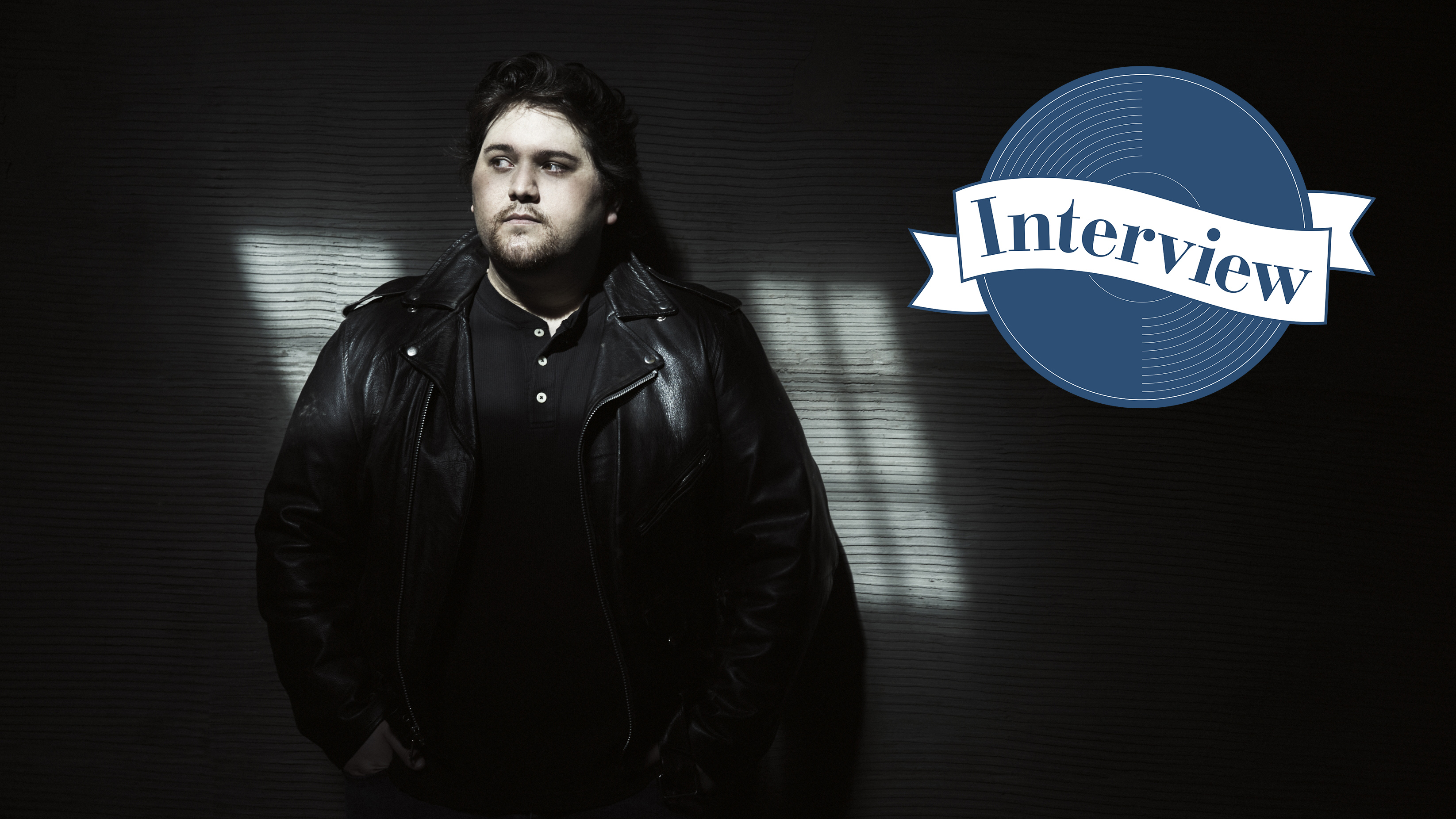
The self-titled album from Mammoth WVH will undoubtedly be remembered as one of 2021’s finest rock debuts. Written and performed entirely by Wolfgang Van Halen, who made his live debut playing alongside his father and uncle in Van Halen while only in his mid-teens, making his recorded debut five years later on 2012 comeback A Different Kind Of Truth, its 14 tracks are every bit as musically inventive as you’d expect.
The first single, Distance, arrived in November of last year. Written in tribute to his late father, who passed away the month prior, his sentiments were echoed by countless fans around the world – all of whom were mourning the loss of an innovator who changed guitar forever. The accompanying music video, comprised of family footage, offered a rare glimpse into Eddie’s personal life – one where he was simply known as ‘Pop’, laughing and playing with his only son all the way from the cradle to the stage.
‘No matter what the distance is I’ll be with you’ sings Wolfgang in the open-letter to the man who raised him – which, understandably, ended up being of the most emotionally charged pieces of music he’d ever written…
“Chuck, my editor, really did a wonderful job putting together all the footage I gave him for the video,” Wolfgang tells MusicRadar, speaking from his studio with some 5150s and Marshall heads on standby behind him, and a couple of Gibson ES-335s on the guitar rack. “I wrote that song around the same time as everything else that’s on the album, around 2015. My Dad had been up and down with his health. I wanted to get that emotional struggle out, I guess. I was kinda imagining how different life would be on the other side of something like that.”
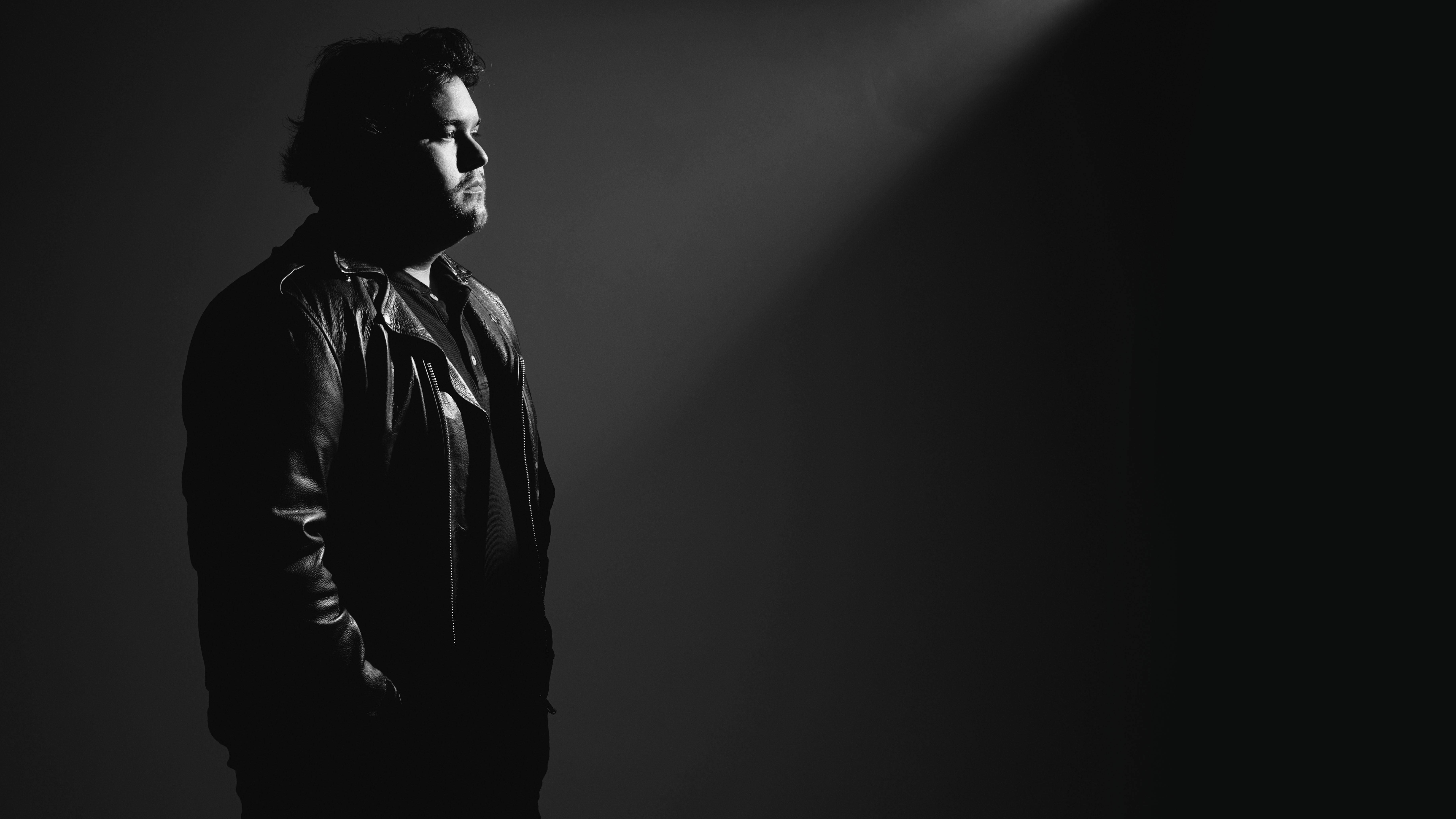
I do everything for the song
The song’s guitar solo – instead of featuring any of the two-handed pyrotechnics you’d expect from someone with his surname – is an atmospheric affair, and far closer to what you might expect to hear on a Radiohead or Tool album. As Wolfgang explains, it was precisely what the song was calling for...
“Yeah, that solo about how the notes are being played than the actual notes themselves,” he nods, when we mention the more abstract style of leads associated with Jonny Greenwood and Adam Jones. “It’s more aggression than melody. It became a really pivotal part of the song.
"I think a lot of people who just listen for guitar solos didn’t really understand that solo thinking it’s just one note. And it’s like, ‘Yeah, but if you listen to it contextually, that’s exactly what the song needed!’ I do everything for the song. I don’t want to try and overplay on anything – it really comes to what serves the song best. I was really happy with how it came out.”
Want all the hottest music and gear news, reviews, deals, features and more, direct to your inbox? Sign up here.
By the way, congratulations on the Guns N’ Roses tour which just got announced...
“Thank you so much, man. It’s crazy… it will be our first proper tour. The only live performances so far have been on TV, so I’m really excited to get out there.”
We caught the Jimmy Kimmel Live performance, which sounded great. Obviously you guys were well rehearsed, but was it daunting taking that song from the jam room to a studio environment with cameras all around you?
“I’m always a super anxious person (laughs)! Everything is still pretty locked down now, but at the time [when lockdown restrictions were tighter] we recorded it in a different location, given with all the Covid precautions. The nerves were very much there, but it probably would have been way more scary had it been in front of a live studio audience. So I guess that worked out!”
For the performance you were using a Vintage Burst Gibson ES-335...
“Yeah, and on the album too. I really wanted to carve my own rather than just exclusively play Wolfgang guitars and 5150 amps. I felt it would be fun to explore different tones instead of trying to stick with what my family are usually known for.”
You even got the original Frankenstein out for the solos on Mammoth and Feel...
“I did. It was crazy using that guitar for those things. I had a lot of fun.”
And, from what we’d heard, you’d used early 70s Marshalls and 5150s on the record – much like the amps that can be seen behind you...
“Yeah, it was a mix of those, but to be honest it was mostly these two Marshall Super Leads that were modded for higher gain. The record is kinda moulded around that amp sound. It was nice to crank up some old gear!”
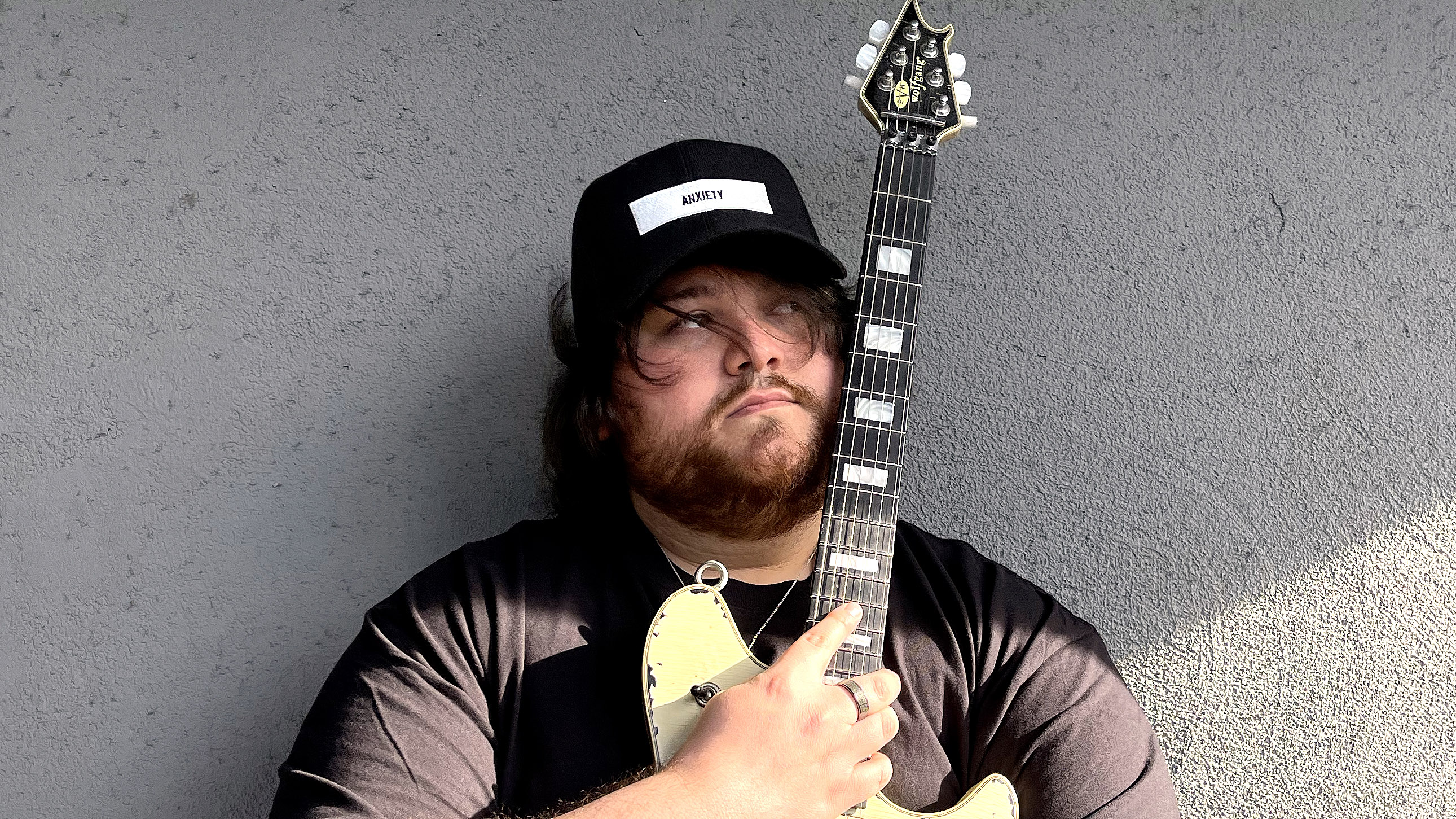
We can also hear some flanger, phaser and wah on parts of the record...
“Any time there’s a flanger or phaser it was the MXR EVH ones. One pedal that became a really important one in the studio was the Foxx Tone Fuzz. I used it all over. It’s pretty much the whole sound of Don’t Back Down and it’s sprinkled on other tracks like Big Picture.
“Another pedal I really like is the Afterneath by Earthquaker Devices. It’s this really cool reverb that can get you these high and wet sounds. That’s what I used for solo on that Jimmy Kimmel performance, and though I can’t remember what go used on the album because it was so long ago, that pedal really worked well for that part. But other than that, it was really all caught in the moment. There was never really one effect that carried the song, apart from that fuzz.”
Do you ever use much in terms of overdrive or boost?
“Not really. At home I tend to just plug in direct into the amp. Actually I forgot to mention, I also used a Talkbox for the solo on You’ll Be The One. I’d never used one before and I was really bad at it, to the point where I had to tape my nose because I couldn’t stop breathing into the mic (laughs)!”
The opening track, Mr Ed, has some tapped harmonics and one of the more shreddy solos on the record...
“Yeah, that’s why I picked that song first. Lyrically it as nothing to do with my Dad, it was just the demo title because I do the harmonic tapping during the intro, which kinda reminded me of him. That was just an initial cheeky title for it (laughs)!”
Mammoth has a really wide-sounding riff, where you introduce higher notes and chords over a chugging E...
“That song is all about the drive. It just keeps pushing forward. It’s funny, I wrote it in a really difficult way to play, alternating between the low E-string with the notes played on the A. But now I have a more comfortable way of playing where I get the in-between notes one string lower on the D, so I can do it all one place. Otherwise I’d be doing a seven-fret spread trying to get all the right notes at the right time (laughs). It didn’t make sense to play that way…”
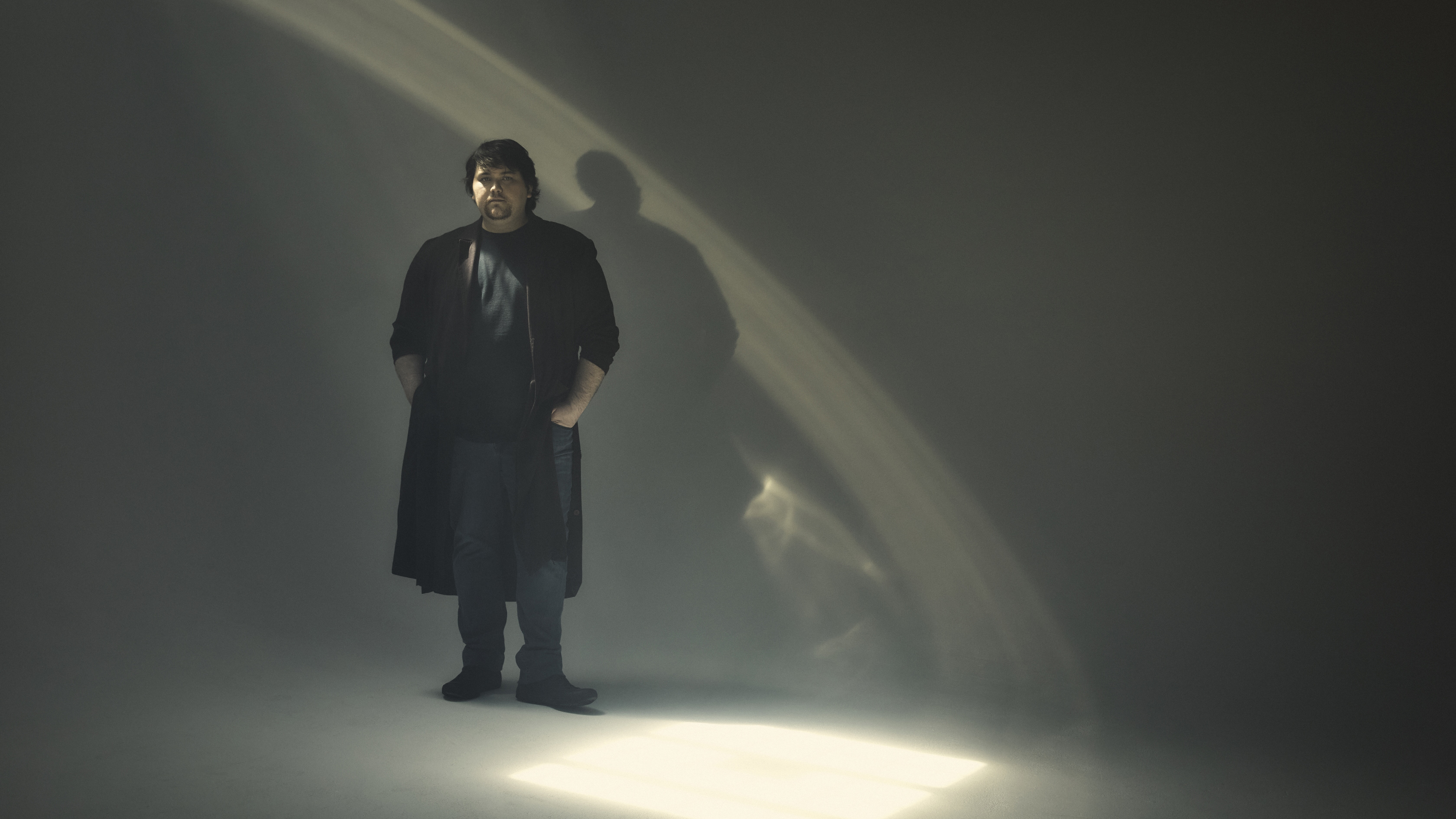
That’s one thing my Dad really encouraged me to do, which is discover my own thing
Who would you say are your biggest guitar heroes? You’ll Be The One definitely has a Slash neck pickup vibe...
“Sure, I’m a big fan of Slash, as well as Angus Young. I’m a really big fan of Paul Gilbert, as well, I think he kicks ass. I’m big friends with Mark Tremonti and Myles Kennedy from Alter Bridge, they’re both incredible players. I guess there’s a lot of good influence from those people for sure, especially when it comes to my lead playing...
“But to be honest, I really think I found my own way, I never tried to replicate anyone. That’s one thing my Dad really encouraged me to do, which is discover my own thing. And that’s why I’m glad I don’t sound like him. I’m kinda just trying to be myself. But my Dad is probably one of the biggest influences just for guitar playing in general, just cause he’s been there!
“It’s the same with my vocals. I really don’t know who influenced me as a singer, because I’ve been singing my whole life. I’m a big fan of Chris Cornell and Maynard James Keenan, and singers like that, but how I sound just kinda happened through singing my whole life.”
Paul Gilbert has some really excellent tutorial stuff, especially when it comes to string-skipping exercises and arpeggios...
“I never really learned any exercises or anything. There’s nothing that’s my go-to. Right now, I’m just playing through the songs. Frankly, I really should learn more exercises like that, but because I’ve been so busy on this album, I mainly just play through the songs and then call it a day (laughs)!”
“My biggest tips as a musician are write music you want to hear and don’t doubt yourself. Sometimes the biggest thing that gets in the way is… you! And it’s important to let go of that and just let yourself create. I doubt myself all the time, but you have to overcome it!”
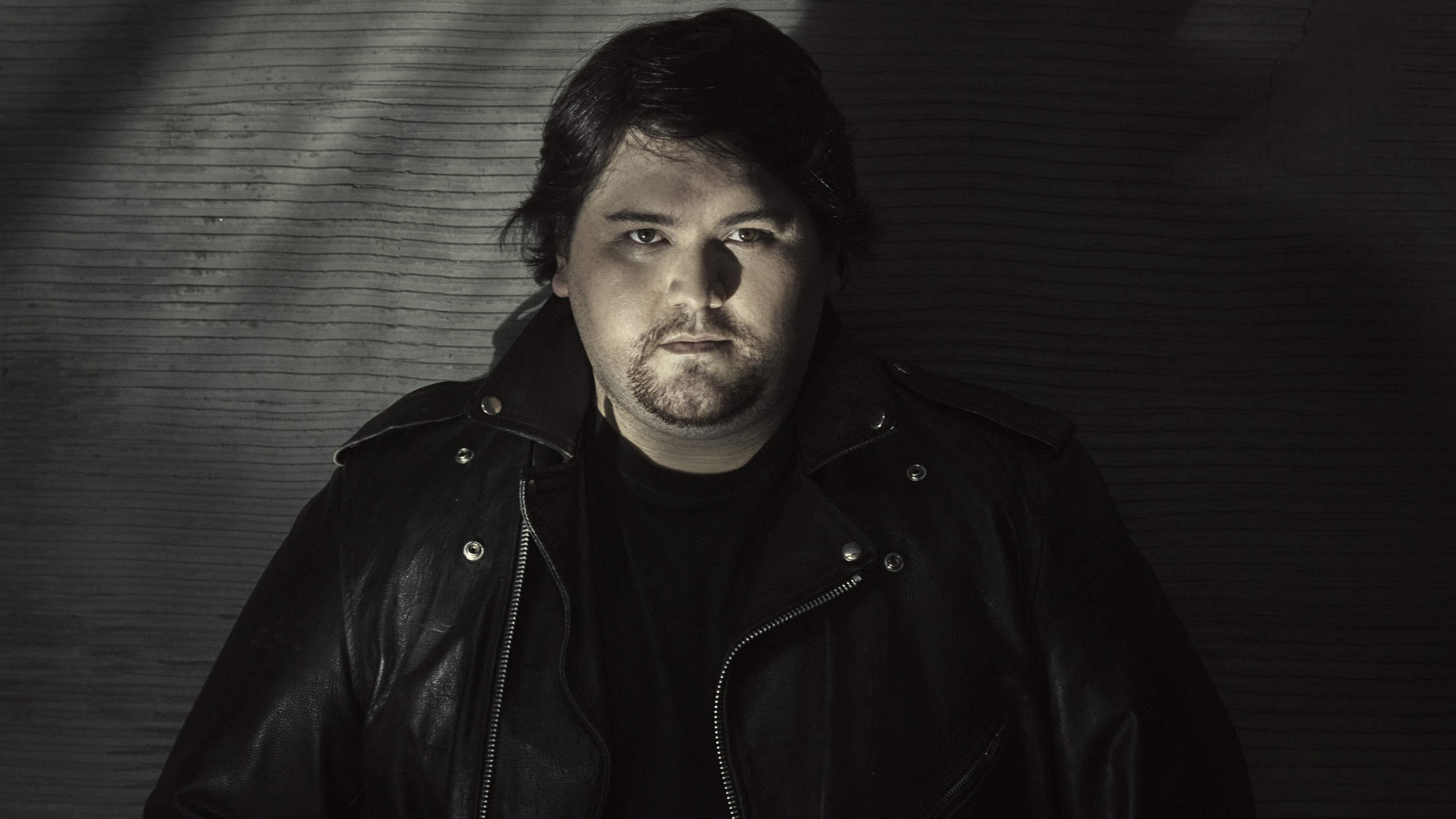
Because I started out on the drums, I’m a really rhythm-based musician
How about the theory side – we only ask because your Dad was a huge Allan Holdsworth fan...
“He was for sure! But to be honest, I’m very uneducated when it comes to that stuff. I just play what I want to hear and chase what interests me. Because I started out on the drums, I’m a really rhythm-based musician. So I’m really into how everything interlocks and grooves together. That’s where my mindset is when it comes to play. That’s why I’m most proud of the rhythm aspect of the album, and how it all just fits together.”
The Big Picture has some big riffs and some interesting usage of slow bends – that reminds us of Jerry Cantrell and Dimebag Darrell...
“Jerry was doing that on Check My Brain, for sure. I think that whole Black Gives Way To Blue record is such a phenomenal album. It left a huge mark on me when I heard it for the first time. As did Rooster, which is one of my favourite Alice In Chains tracks... you just can’t get better than that!”
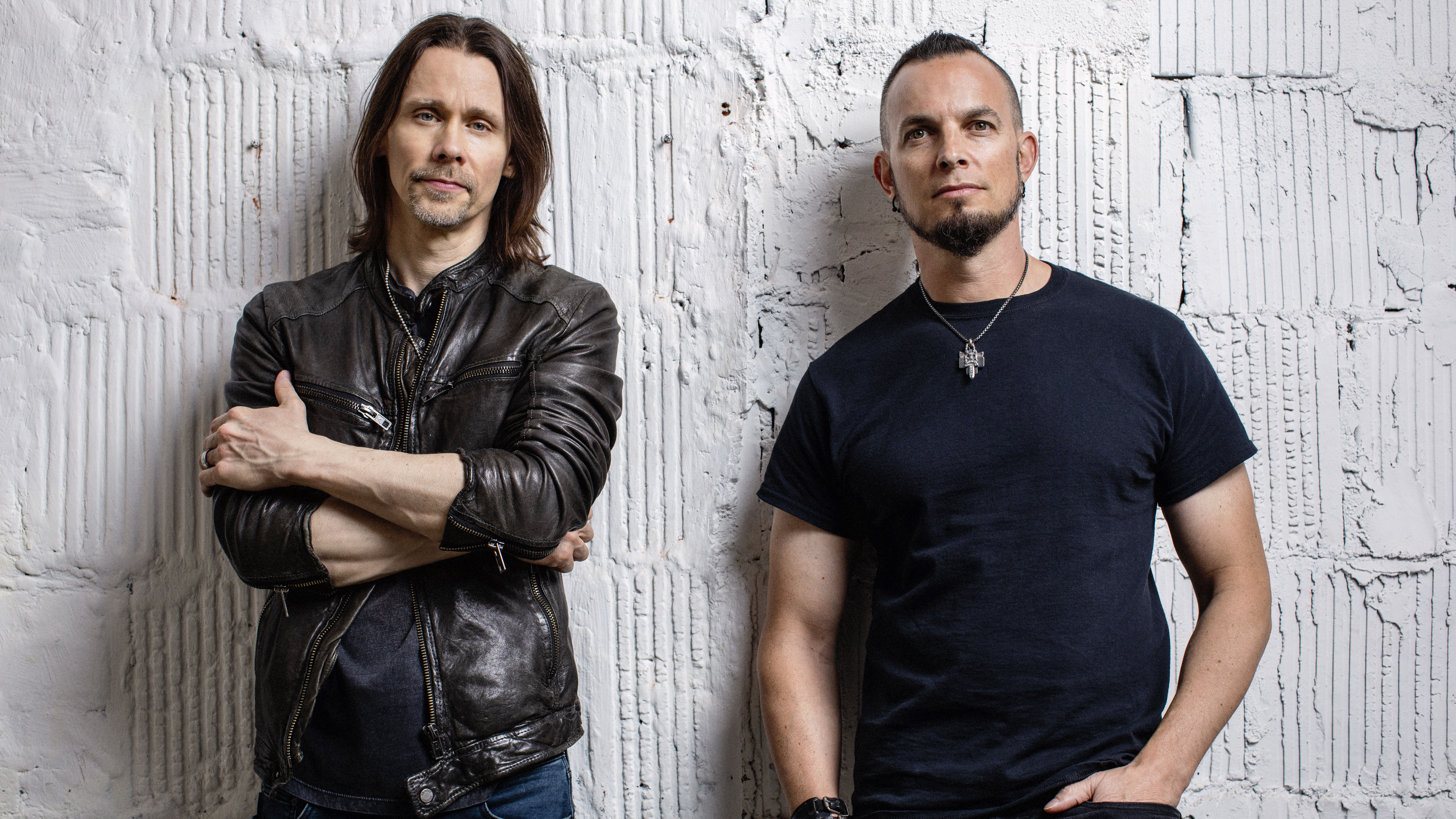
Alter Bridge's Mark Tremonti and Myles Kennedy: our 8 essential tips for guitarists
It’s interesting how musically diverse this album is – Think It Over sounds close to the contemporary kind of rock played by Alter Bridge and Foo Fighters, while the tones on Don’t Back Down feel more like Queens Of The Stone Age, and other moments are more reminiscent of Tool...
“This kinda ended up being a rock album for everyone. If you listen to any kind of rock, you’ll find something to enjoy because there’s a bunch of different flavours on it.”
You had Michael ‘Elvis’ Baskette produce the album, who has worked with Slash, Alter Bridge and Sevendust in the past...
“Yeah, I got Elvis Baskette to do the mixing and Jef Mol to engineer. They were my whizz team who let me fly in the studio while they took care of what they’re best at.
"At one point we took this old Ampeg bass amp that I was using and put a mic at the very back, on the ass end of it. And for some reason, whenever we did that, it would catch that low end in a way that wouldn’t have otherwise been caught if we’d just mic’d it from the front. There was always two mics on that Ampeg! It’s something my Dad figured out.
When I was 12, I started playing guitar because I wanted to play 316, the song my Dad penned for me, at a talent show
Being a part of Van Halen’s final and tour must have been monumental. What were your personal favourites on A Different Kind Of Truth?
“I’m really proud of how I played on that album. Songs like China Town, The Trouble With Never and As Is were really fun songs to inject my own style into.”
And, presumably, you must have picked up a few things along the way...
“I started on drums around 9 or 10 and that’s what shot my interest in that direction. I was trying to recreate the songs I was hearing and trying to figure them out. When I was 12, I started playing guitar because I wanted to play 316, the song my Dad penned for me, at a talent show. So it all just evolved from there. And then when I started jamming with Dad and Alex [Van Halen, drums] in the studio – long before we went on tour and just for fun. That’s what really inspired me and helped me learn how to exist in a creative space.”
What’s next for Mammoth WVH… any plans to come to Europe?
“Nothing is set in stone right now. But as soon as everything is open, safe and ready to go, we’ll head wherever people will have us. I wanna go everywhere!”
Mammoth WVH's self-titled debut album is released 11 June. For more info visit Mammoth WVH
Amit has been writing for titles like Total Guitar, MusicRadar and Guitar World for over a decade and counts Richie Kotzen, Guthrie Govan and Jeff Beck among his primary influences. He's interviewed everyone from Ozzy Osbourne and Lemmy to Slash and Jimmy Page, and once even traded solos with a member of Slayer on a track released internationally. As a session guitarist, he's played alongside members of Judas Priest and Uriah Heep in London ensemble Metalworks, as well as handling lead guitars for legends like Glen Matlock (Sex Pistols, The Faces) and Stu Hamm (Steve Vai, Joe Satriani, G3).
